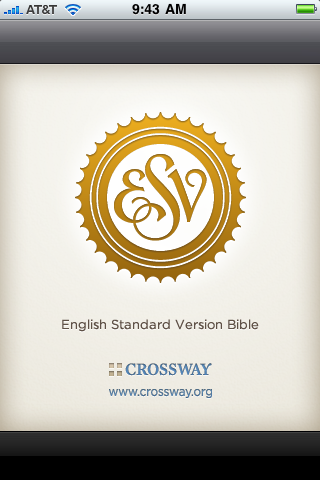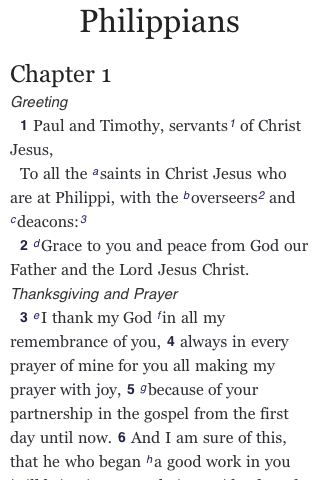Photo taken from http://www.allthingsconverge.com
I’ve just recently finished going through a new small group study called Convergence, published by Creative Trust.
This series of 7 studies is DVD-driven, with each study standing alone. Here are the DVD studies available now:
Breaking the Ice: Learning to Share our Stories
Parenting: Helping Your Kids to Become Adults
Frustrations and False Gods: Living in a Fallen World
Heaven: Understanding God’s Plan and Our Hope
Personal Growth: Learning to Meet Life’s Demands
Each DVD features Donald Miller (author of Blue Like Jazz) facilitating a conversation with well-known, respected Christian authors or speakers about the challenges that Christians face while trying to integrate faith with real life. Each DVD is a 3-4 week study.
There are some real strengths in these studies.
Strengths:
1. The videos are only 20 minutes long. When DVD-based curriculum gets longer than that, it begins to infringe on discussion time. 20 minutes works. It gives enough information to communicate an idea, but not so much that the group leader feels the need to squeeze discussion time.
2. There’s no cost to the group member. The only cost incurred is the DVD itself (which is a mere $15).
3. Both the leader’s guide and the participant’s discussion guide can be found online for each study (by clicking HERE). All you have to do is print it off, and you’re good to go.
3. There’s no real homework to be done from week to week. Instead of needing to spend hours pouring over the specific material (which can, by some, be seen as busy work), group members can show up and immediately jump into the conversation. Don’t take this to mean that the studies aren’t challenging, or don’t require any work. It just means that you won’t feel like an outsider in the discussion if you haven’t “done your homework.” And though a homework-heavy study may be the right call for your group in some seasons, a homework-light study can be incredibly refreshing.
4. The questions are short, and elicit discussion. Some curriculum writers feel the need to control the answers of group members. Their goal is not necessarily group discussion. Rather, they want group members to parrot back a certain answer, which makes group discussion much cleaner and simpler. But not necessarily more helpful. Phrasing questions in a way that spurs discussion is incredibly difficult, and often leads to messier discussions, but I’ve had much greater fruit in those types of discussions than in the ones in which, realistically, there was only one “right” answer.
5. Don Miller is really good at interviewing/conversing. I picked up a copy of Free Market Jesus a while back, hoping that Don Miller’s sermons would be as impactful as his books. [insert long, awkward pause] Don’s gotten much better in front of a camera. He represents the “everyday Christian” really well, and seems to ask the “right” questions to spur the dialog with the person(s) he’s interviewing.
6. There’s a specific Scripture connected with each lesson. I’ll expand more in the following section.
Though there are great things about this curriculum, I’ve got a couple of cautions/suggestions.
Cautions/Suggestions:
1. They’re quite academic, which may keep some people on the outside. Though I’m a fan of Tremper Longman, I found the DVD’s that he’s a part of to be “heady.” The content was solid, but if I wasn’t 100% engaged in every word, I was quickly lost. In the future, making sure these discussions don’t spiral into a seminary-level conversation is something to look out for.
2. Scripture seems to be a secondary thought. Though I’m glad that there is a specific Scripture (sometimes 2) passage connected with each week’s study, I feel like there could be more. If there’s a place for expansion, it’s here. The videos each week don’t necessarily revolve around Scripture. And I’m fine with that. I’m not always looking for a sermon for my small group each week. But when there’s not a passage targeted by the conversation that Don’s having, I would like (as a small group leader) to be able to draw from a deeper well of passages related to the topic at hand.
3. With a couple of the DVDs, I’m not sure how they would fit with my small group. They may be helpful for a group leader to go through on their own (e.g., “Breaking the Ice: Learning to Share our Stories). Or they may be good for a side-discussion (e.g., “Frustrations and False Gods: Living in a Fallen World”). I’m just not sure how well it would integrate into our small group.
Overall, I think these studies will be a great resource for small group leaders, and I’m going to recommend them to the small group leaders I shepherd.
Have you used these before? What do you think?
Here’s a sample from one of the studies:














